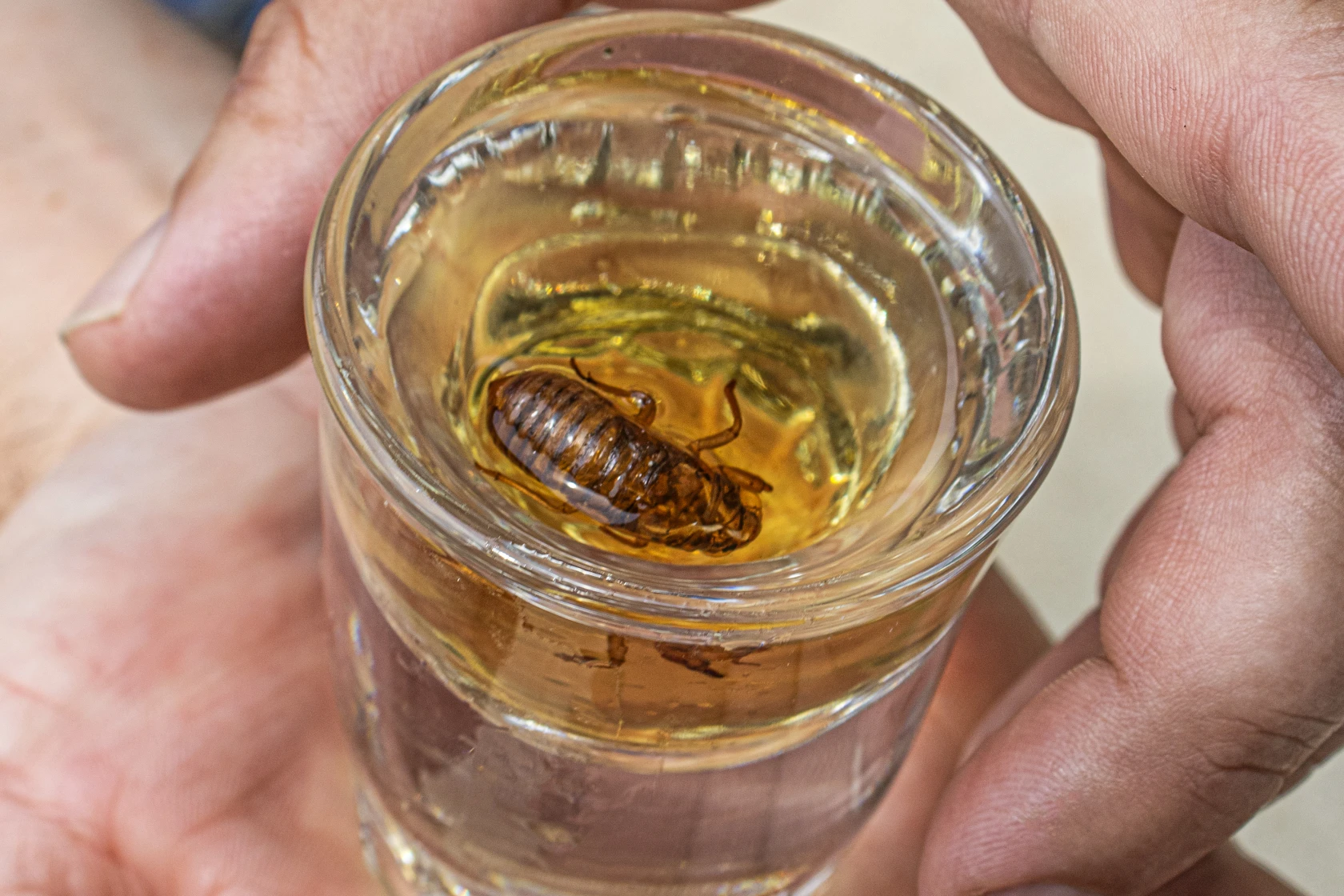Here's an op-ed in the Frankfurter Allgemeine Zeitung, celebrating the anticipated beginning of kidney exchange in Germany.
Der Volkswirt Hoffnung durch Tausch by Ágnes Cseh, Christine Kurschat, Axel Ockenfels und Alvin E. Roth
Here's the English translation (from a slightly earlier draft):
Hope through exchange
Germany's new draft law on kidney donation
Imagine this: Your child needs a kidney transplant, but due to tissue incompatibility you cannot be a donor yourself. And it's the same for me. What if you donated a kidney to my child and I donated a kidney to yours in return? Through this ‘cross-donation’ we could give our children the chance of a longer life with a better quality of life.
In Germany, such cross-donations are not usually permitted. Only people who are ‘obviously close in a special personal relationship’, such as relatives and spouses, are allowed to donate kidneys. This is now set to change. The Federal Cabinet has presented a draft bill to amend the Transplantation Act, which would allow cross-donations and other forms of living kidney donation. These include ring exchanges with more than two participating couples as well as longer donor chains initiated by a non-directed, anonymous donation.
People who hear about cross-donation for the first time are sometimes skeptical. However, these concerns can be dispelled on closer inspection. In our neighboring countries and in many other countries, such donations have long been successfully established in compliance with the highest ethical standards.
In cross-donation, no prices are paid for kidneys and there is no trading in kidneys. A system in which potential cross-donors are registered and referred centrally can be implemented in an abuse-proof manner, as experience abroad has shown. The Ministry of Health's draft calls for a close relationship to continue to exist between donor and recipient who register together in the kidney donation program, but no longer necessarily between the donor of an organ and the recipient of the same organ. The couples involved can be guaranteed anonymity, so that mutual influence can be ruled out and at the same time the altruistic motive for donating to the next of kin remains unchanged.
But what happens if the donor has already donated their kidney, but the cross-donor suddenly cancels? To avoid such situations, the two kidneys are removed from the two donors at the same time, and the two patients also receive the two organs at the same time. The four surgical teams communicate in order to coordinate the procedure safely.
The argument that authorizing cross-donation could increase the pressure on potential donors does not stand up to closer scrutiny either. The option of cross-donation does not create any additional pressure that is not already exerted on compatible donors. Instead, cross-donation merely expands the pool of potential donors.
Incidentally, cross-donation also shortens the waiting list for post-mortem donations, so that patients without donors can also be helped. At the same time, cross-donation can protect the legitimate interests of those people who do not wish to donate if it is implemented in a suitable institutionalized manner and the best possible information is provided.
Germany now has the opportunity to learn from the existing systems in Europe in order to avoid mistakes in the regulations and their implementation for the benefit of organ recipients and donors. This applies, for example, to the establishment of a nationwide kidney donation program, from funding and equipment to biomedical expertise. The Federal Ministry of Health is making important proposals here. The large gaps in data on potential donors and recipients could soon be closed, the option of enabling international coordination of cross-donations is being considered from the outset, and the transplant centres are being encouraged to register all donor-patient pairs centrally for referral. Without such regulations, individual clinics could be incentivized to only selectively register pairs, with the result that fewer transplants can be carried out overall.
Other aspects of the draft should be reconsidered. For example, it is not advisable that couples can only participate in the kidney exchange program if donor and recipient are incompatible. Compatible couples can receive a more suitable kidney through participation and at the same time other patients can be helped, as more cross-donations are made possible through participation. This in turn can shorten the waiting list for all patients who do not have their own donor and therefore cannot participate in the kidney exchange program.
It is good news that new forms of living organ donation are now also to be made possible in Germany. The precise organization of these new forms of organ donation is crucial to their success. It can be modelled on the experiences of other countries and at the same time adapted to the specific legal, historical and ethical framework conditions in Germany. The initial investment would be amortized very quickly through the savings in treatment costs for expensive dialysis.
In view of the draft law, we are optimistic that the wish of many potential donors to help can be fulfilled in the future, thus improving the care situation for kidney patients in Germany.
Ágnes Cseh (University of Bayreuth), Christine Kurschat (University of Cologne), Axel Ockenfels (University of Cologne and Max Planck Institute for Research on Collective Goods in Bonn) and Alvin E. Roth (Stanford University)
############
Here's the (rather opaque) graphic the newspaper created (maybe it's a celebration by kidneys):
##########Here's a link to what I think was my first op-ed in German on allowing kidney exchange there...






